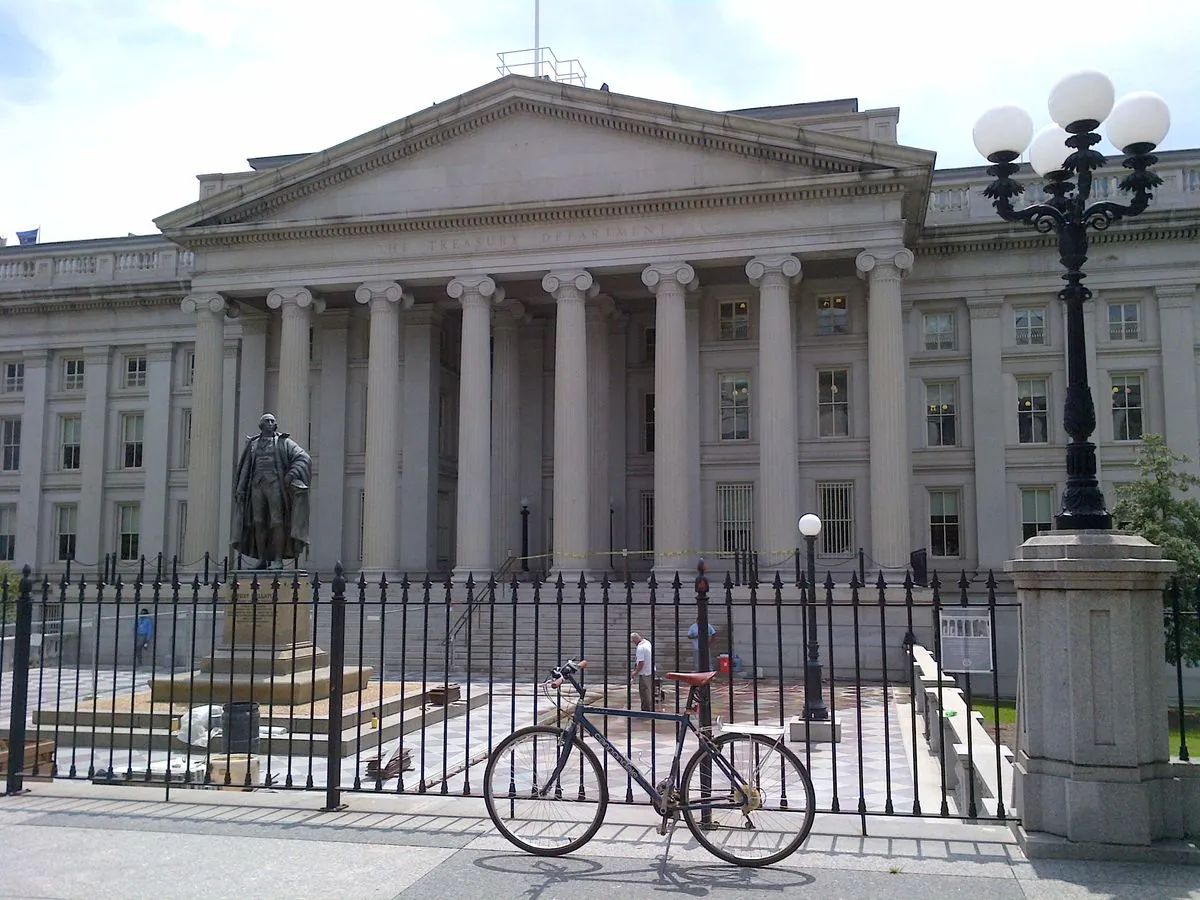The Biden administration has introduced new draft rules aimed at increasing tax revenue from approximately 100 large, highly profitable corporations. This initiative, part of a broader effort to revamp the U.S. tax system, comes at a crucial time as the nation approaches the 2024 election and a comprehensive tax code review scheduled for 2025.
The proposed regulations stem from the Inflation Reduction Act of 2022, which established a 15% minimum tax for companies reporting over $1 billion in income. This measure seeks to address the disparity between corporate profits and federal tax contributions. Wally Adeyemo, Deputy Treasury Secretary, emphasized the importance of ensuring that companies benefiting from economic investments contribute their fair share to the system.
"We establish a degree of tax fairness, making sure that these companies that benefit from the investments we make in the economy are helping to pay for them."
The Treasury Department estimates that this corporate minimum tax could generate approximately $250 billion in revenue over the next decade, with about $20 billion expected in 2025. However, the implementation of these rules faces challenges and criticism from various business lobbying groups, including the U.S. Chamber of Commerce.
Under the new system, companies must calculate their tax liabilities based on "book income" reported to investors, rather than the traditional taxable income. This change aims to prevent firms from using creative accounting practices to significantly reduce their effective tax rates, potentially to zero.
The timing of these draft rules coincides with the upcoming 2024 election, where tax policy is expected to be a pivotal issue. The Republican and Democratic candidates present contrasting visions for the future of U.S. taxation. While Republicans seek to extend and expand the tax cuts implemented under Trump in 2017, Democrats, represented by Vice President Kamala Harris, align with Biden's original proposals for higher corporate tax rates and increased taxes on high-income earners.
It's worth noting that the U.S. corporate income tax rate currently stands at 21%, a result of the 2017 tax cuts. However, many businesses effectively pay much lower rates due to various deductions and credits, including those for renewable energy investments.
As the Treasury Department solicits public comments on these intricate proposals, tax experts and corporations face the challenge of interpreting and implementing the new rules. The outcome of the 2024 election will likely shape the future of these tax policies and the broader U.S. tax code.
This development marks a significant step in the ongoing debate over corporate taxation in the United States, reflecting the complex interplay between economic policy, political priorities, and the nation's fiscal health. As the country moves towards 2025, the discussion surrounding these tax reforms will undoubtedly intensify, potentially reshaping the financial landscape for both businesses and individual taxpayers.
